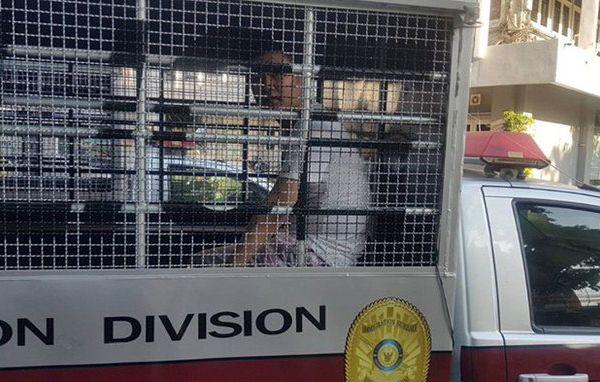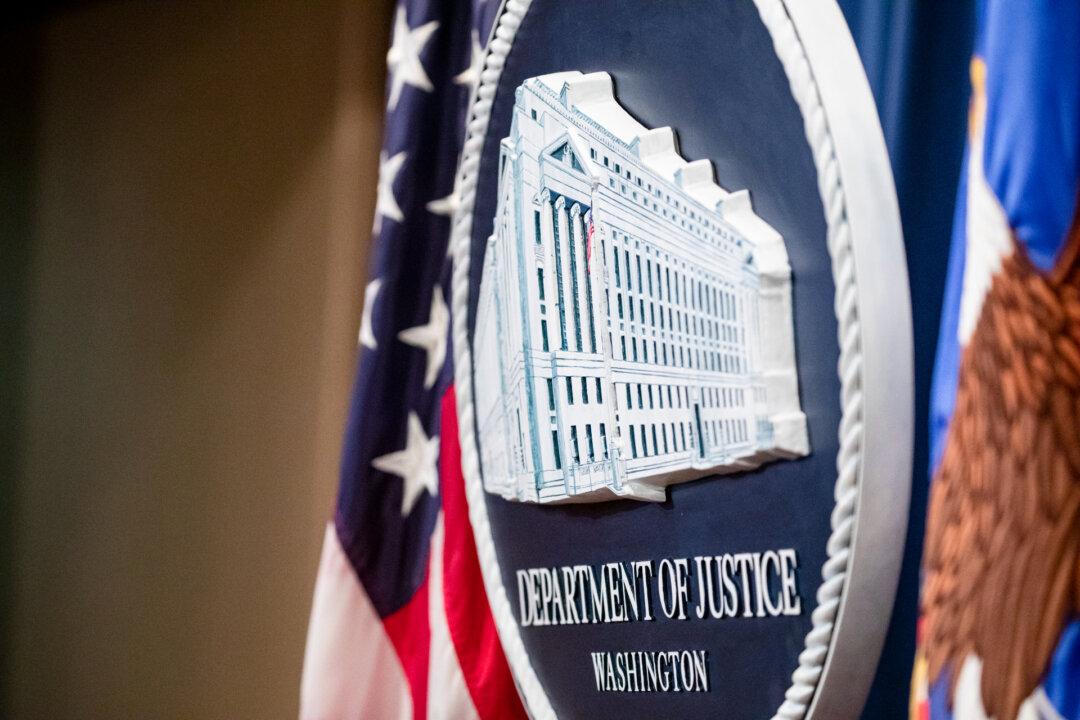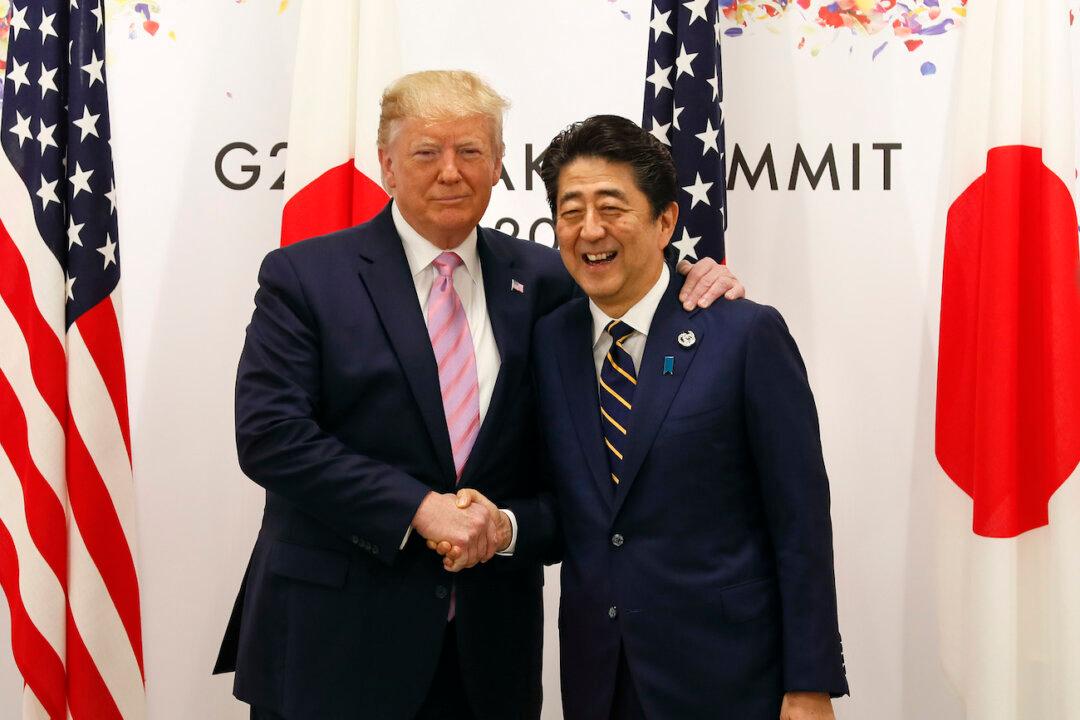The Chinese regime has run scores of police training programs in South and Southeast Asia, internal documents reveal, forming part of its program to expand influence in the regions.
Yunnan Police College in the city of Kunming, capital of southwestern Yunnan Province, has conducted 115 police training sessions to more than 2,500 law enforcement officers for 62 developing countries from 2002 to 2017, said an internal document dated Nov. 1, 2017.





